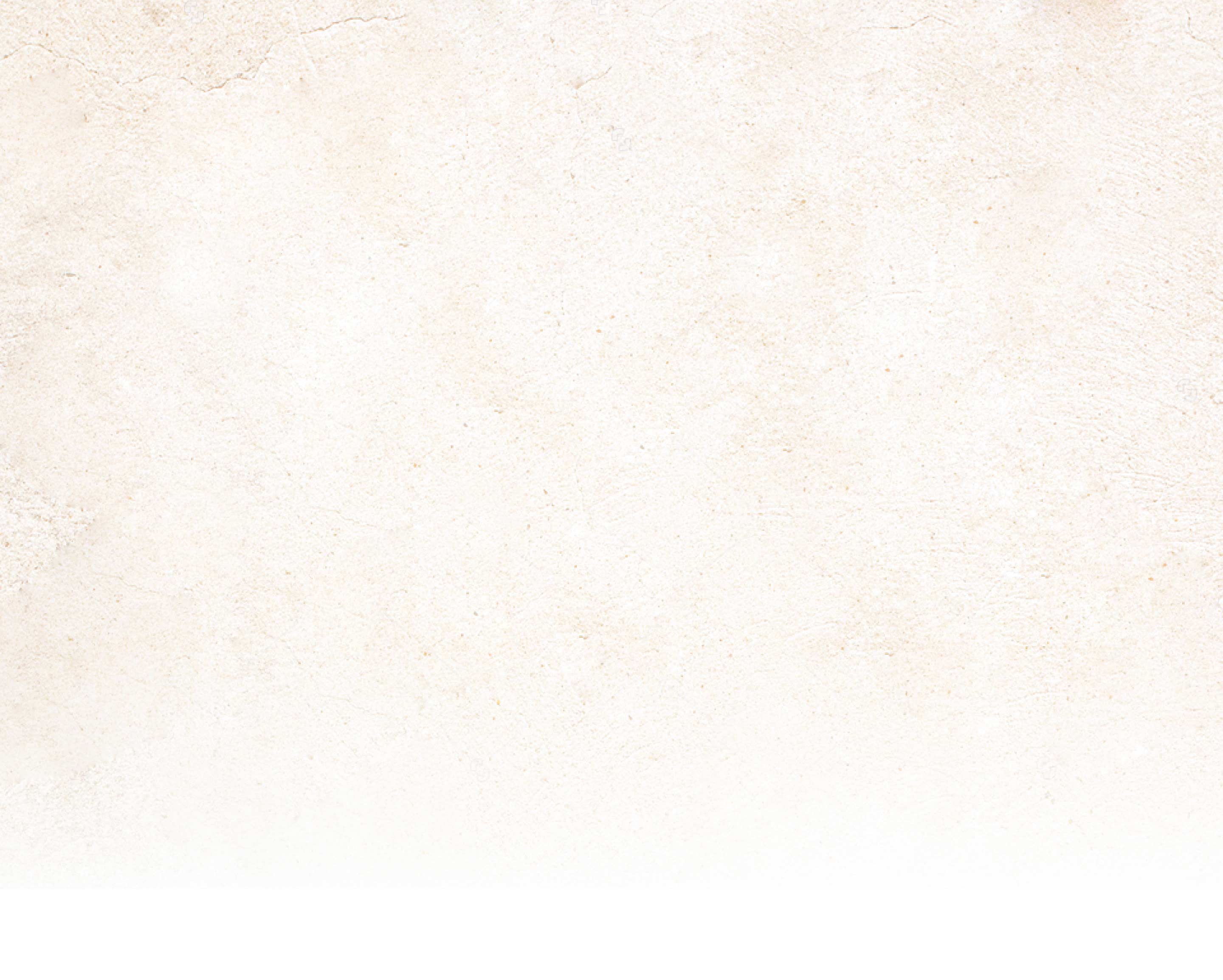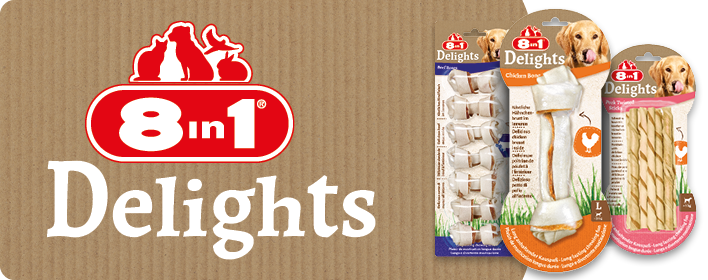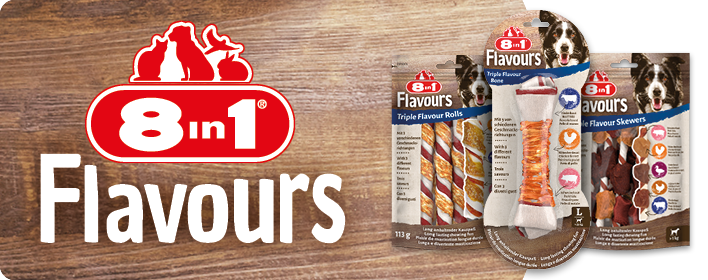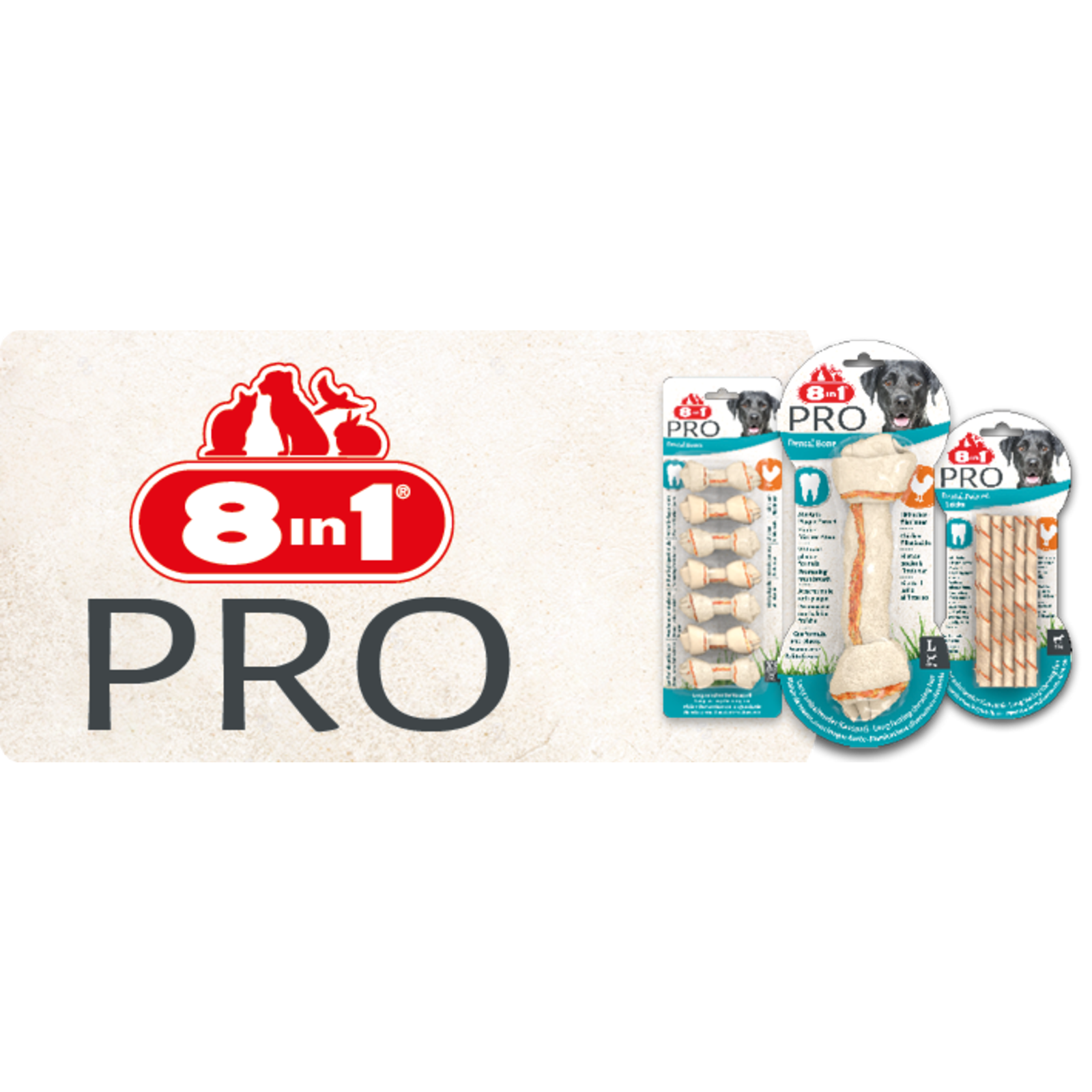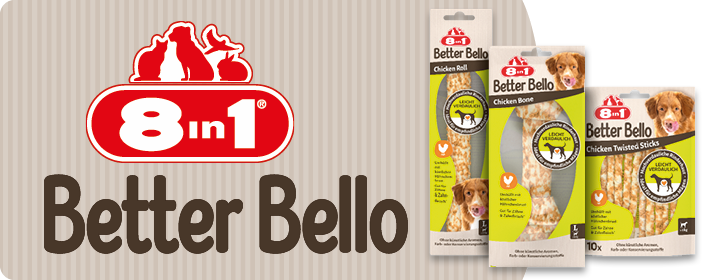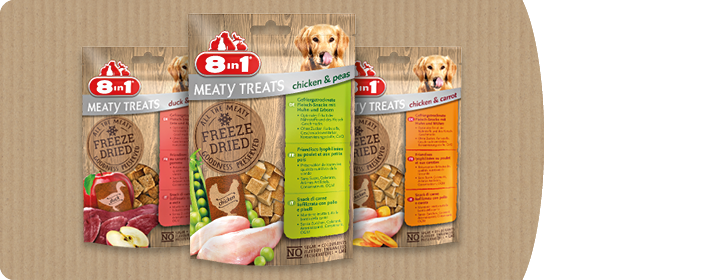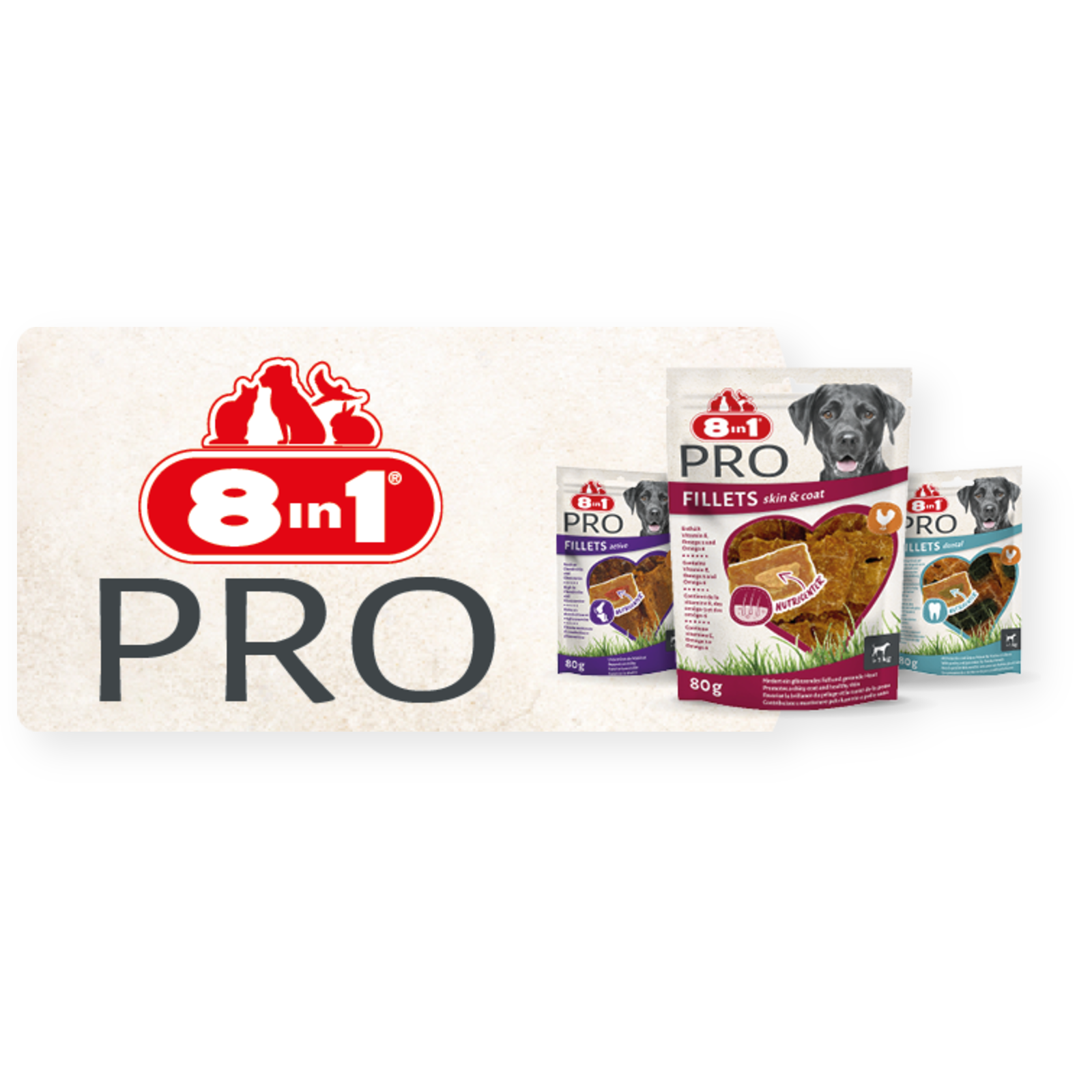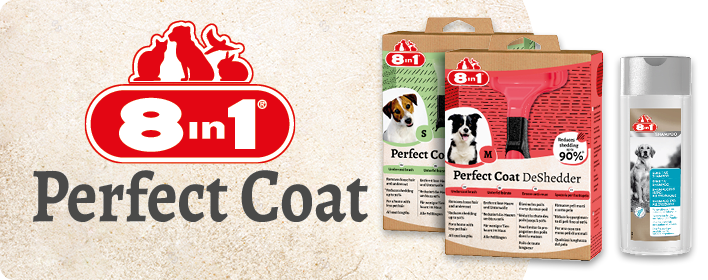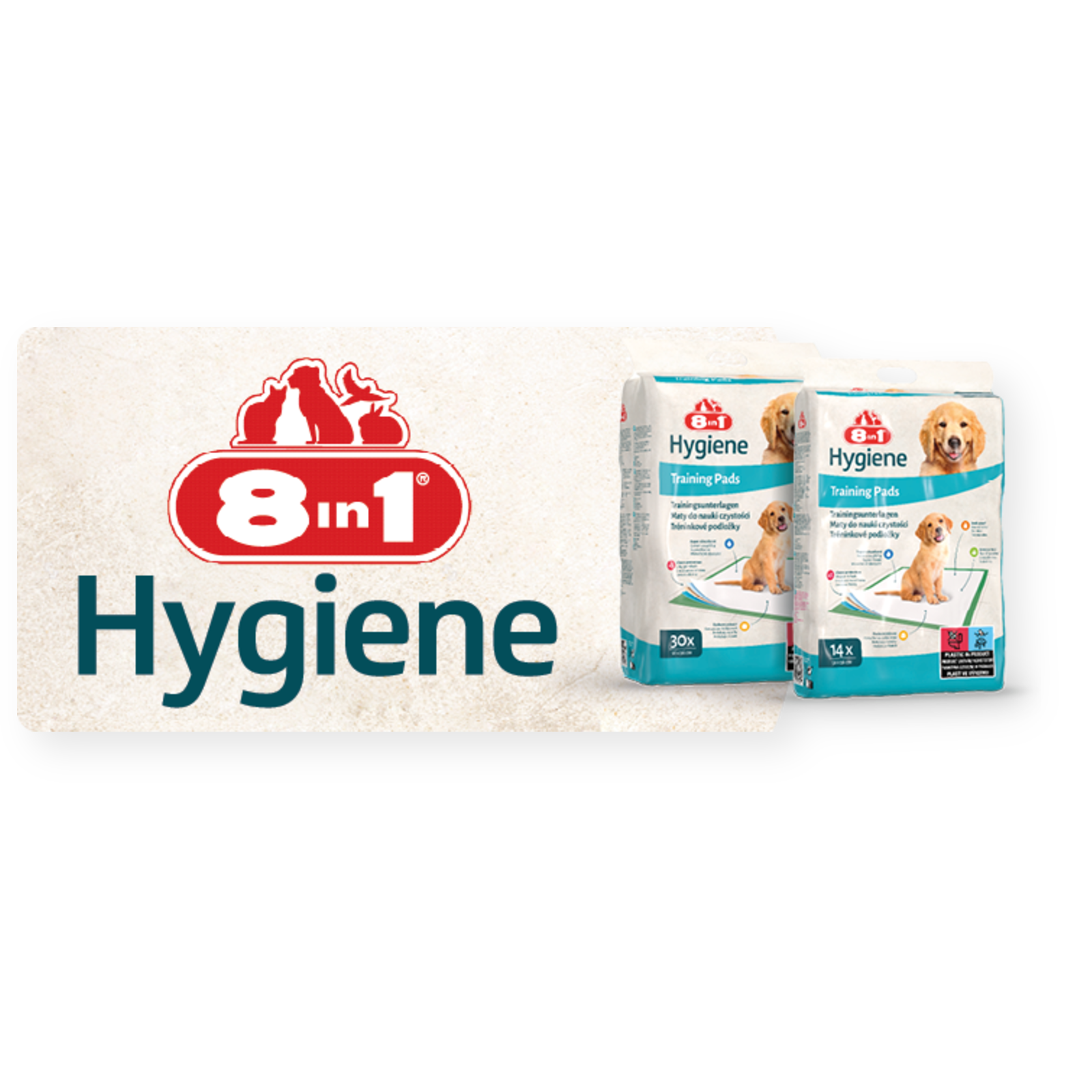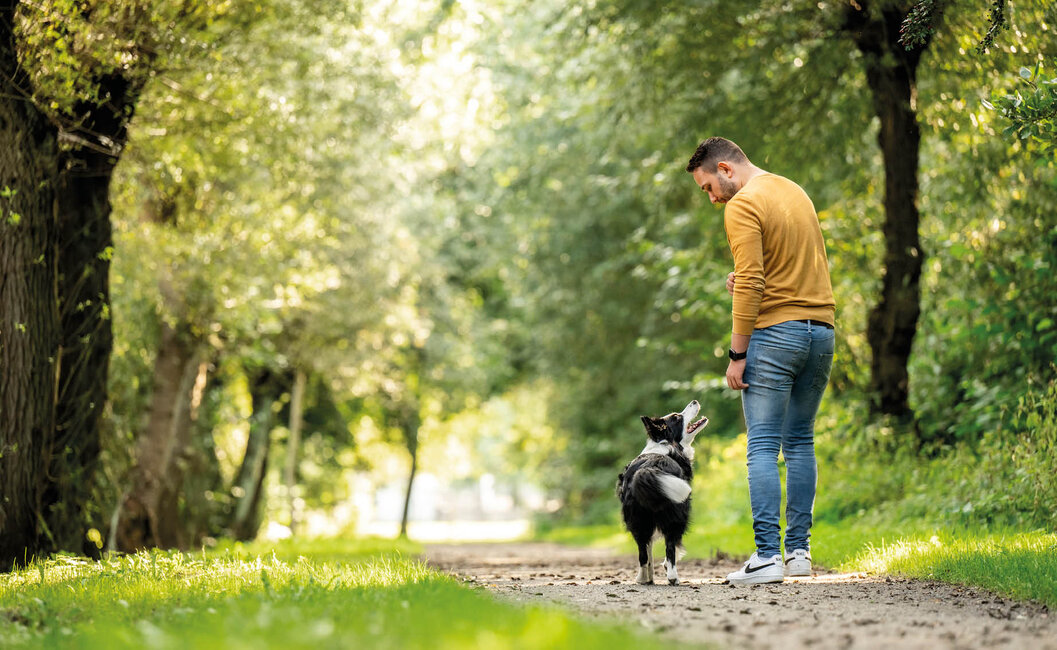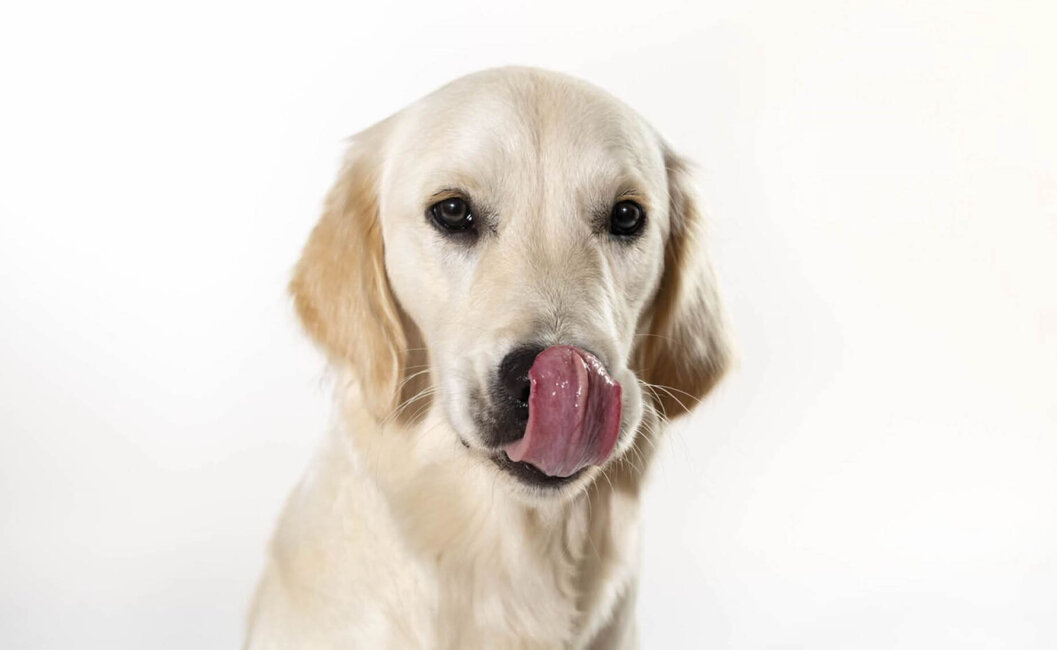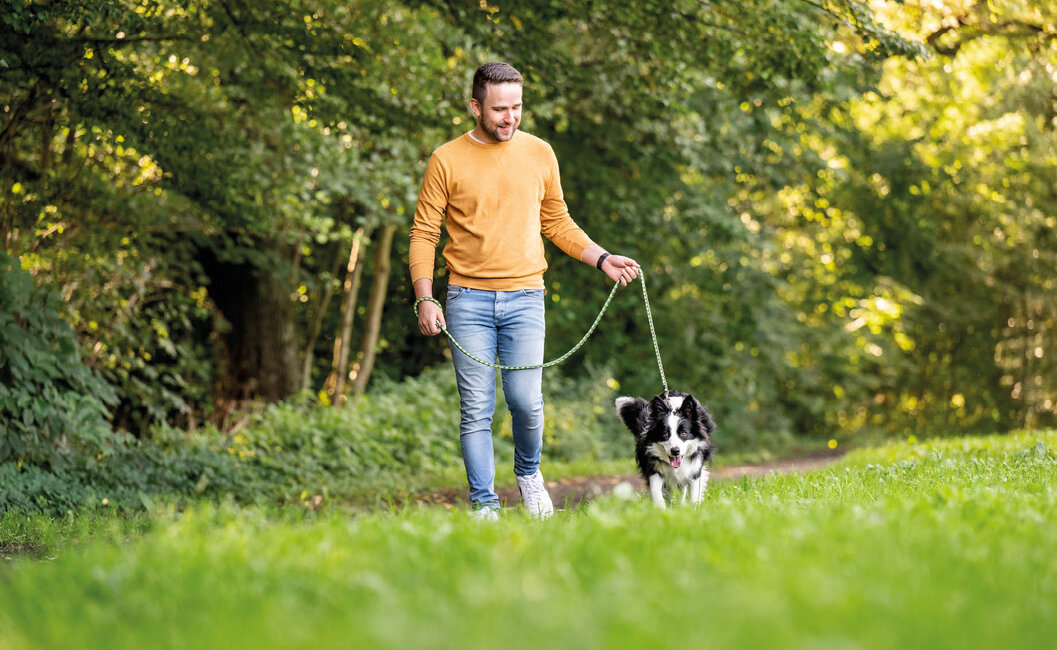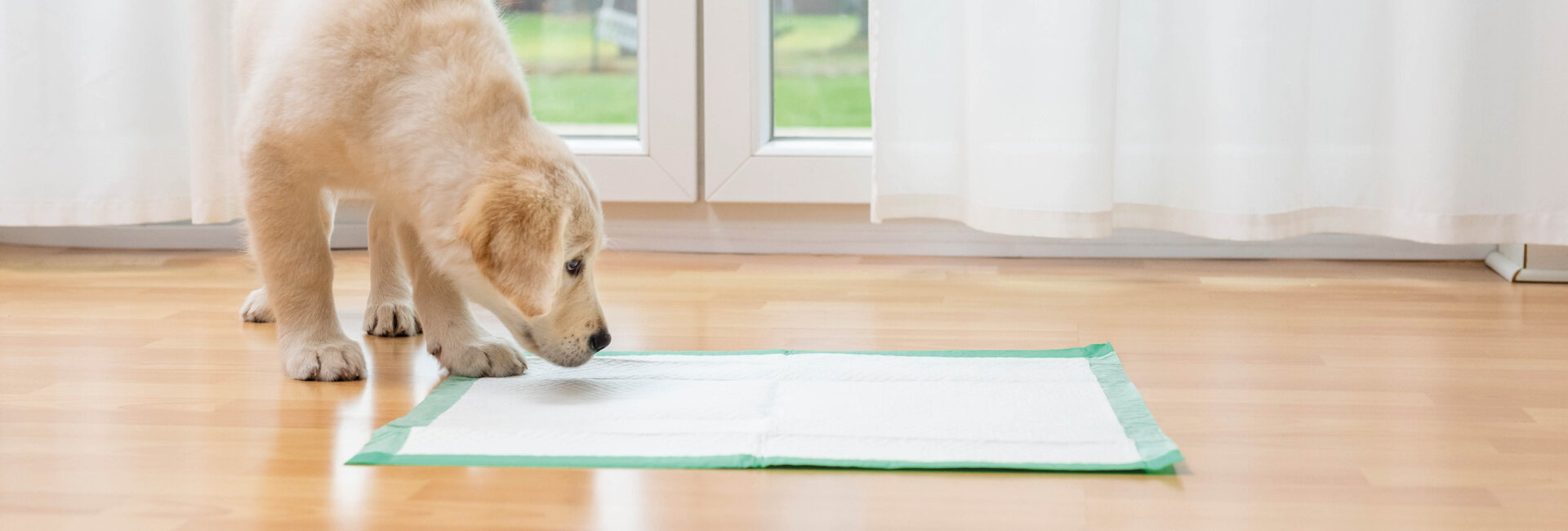


Getting your dog house-trained
Tips and tricks for successful puppy training
Taking a puppy home is the start of an exciting journey and adventure for the puppy and the new owners. Getting a puppy house-trained is just the first step and one that can really help to build and establish a proper daily routine too.
How to start house-training using training pads
Teaching a puppy to become house-trained can come with some initial challenges. Try to keep things simple and make sure the training pad is placed well way from their food, water and bed. Place your puppy on the pad to get them used to standing on it and keep an eye out for any signs that they may need to go to the toilet; such as sniffing the floor, trying to squat down or circling. Place your puppy on the pad as soon as you notice any of these signs.
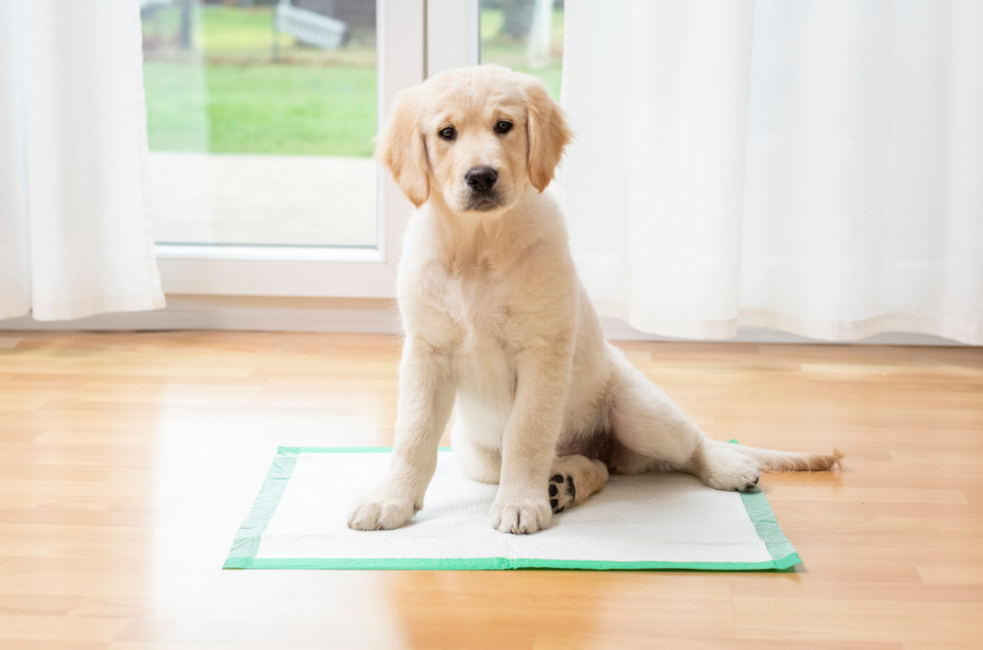
Helpful hints for house-training
As soon as your puppy uses the pad to go to the toilet, praise and reward them. If the puppy tries to relieve themselves somewhere else, place them straight onto the pad again to get them to associate the pad with using it for toileting. Discard any soiled pads and replace with a fresh, clean pad straight away. As training develops, the pad can be moved further towards the door and then eventually be placed just outside in a suitable area. Remember:
- Always reward your puppy for going to the toilet in the right place.
- Never, ever punish your puppy for any house-training mistakes.
- Always be positive and happy to give your puppy confidence.
- Make sure your puppy has a regular feeding routine to give them structure for eating and toilet times.
- Keep a training diary - it will help in working out timings for feeding and toileting as your puppy grows up.
Extra tips and tricks for house-training
1. Use walks and routines
Stick to a consistent schedule for feeding and walks, ideally at the same times each day. Puppies thrive on fresh air and exercise, which helps regulate their bladder. Taking them outside every 2–3 hours is ideal.

2. Positive reinforcement
Mistakes happen, especially in the first few weeks, so stay patient. Never punish your puppy for any house-training mistakes. Always be positive and happy to give your puppy confidence.
3. Are aids allowed?
Aids like training pads can be helpful, especially in the early stages.
with a special grass scent, attract your puppy and help them get used to the idea of going on the pad. Gradually moving the pad closer to the door makes the transition to outdoor walks easier. These pads are highly absorbent and leak-proof, providing a reliable option when you need to adjust your house-training schedule.
My dog is not house-trained - what am I doing wrong?
First, take a deep breath. If you're following the basic rules and maintaining a routine, it’s not necessarily your training approach. Consider whether there might be stress factors in your environment that are affecting your puppy. These can lead to uncertainties you might not notice. Also, check for potential health issues that could be causing irregular urination or defecation. If those aren't the problem, try adjusting your training times and see if that helps. Remember, trial and error is part of the process.
Note: If you're still unsure, it’s always a good idea to seek professional veterinary advice. It’ll help you and your puppy and allow you to focus on training with a clear mind.
Common signs to understand your puppy | Make a routine for your puppy going outside |
Typical signs of an urge to urinate:
In ALL these cases, reassure your puppy and carefully place him onto the training pad - It can take time, but be very patient and always remember to reward good behaviour. |
|
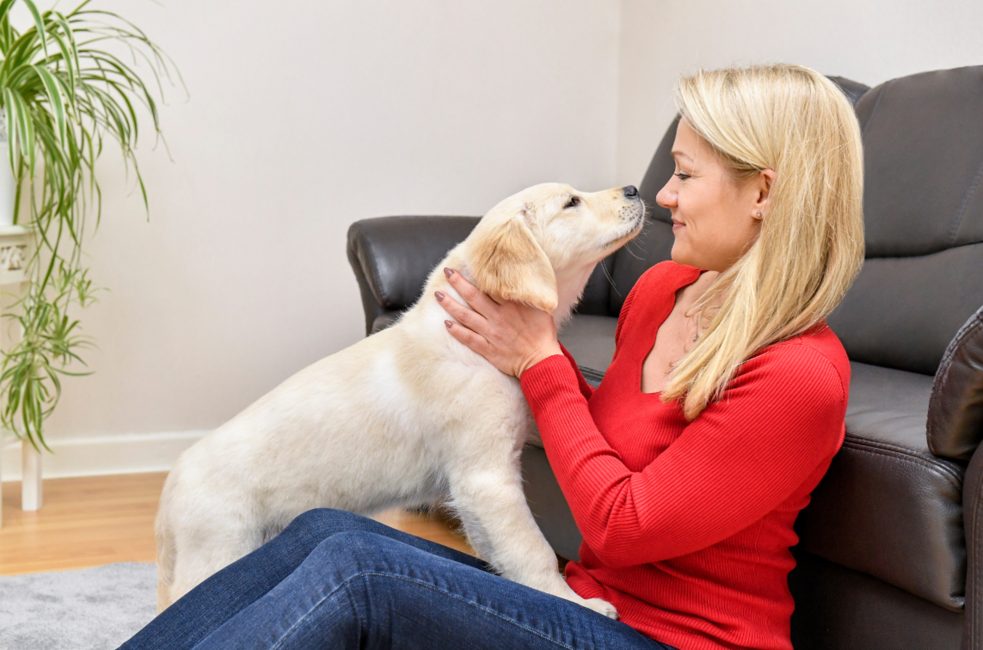
For the people in the puppies' lives
Hey owner!
We know you’re putting a lot of patience and energy into training your puppy, so be kind to yourself. With the right strategies and a gentle approach, you’ll successfully house-train your pup.
You can also speed up the process with aids like 8in1 Training Pads, which attract your puppy with a special grass scent. Start by getting them used to the pad, then move it closer to the door until they’re doing their business outside. These absorbent, leak proof pads also help to protect your floor whilst house-training too.


